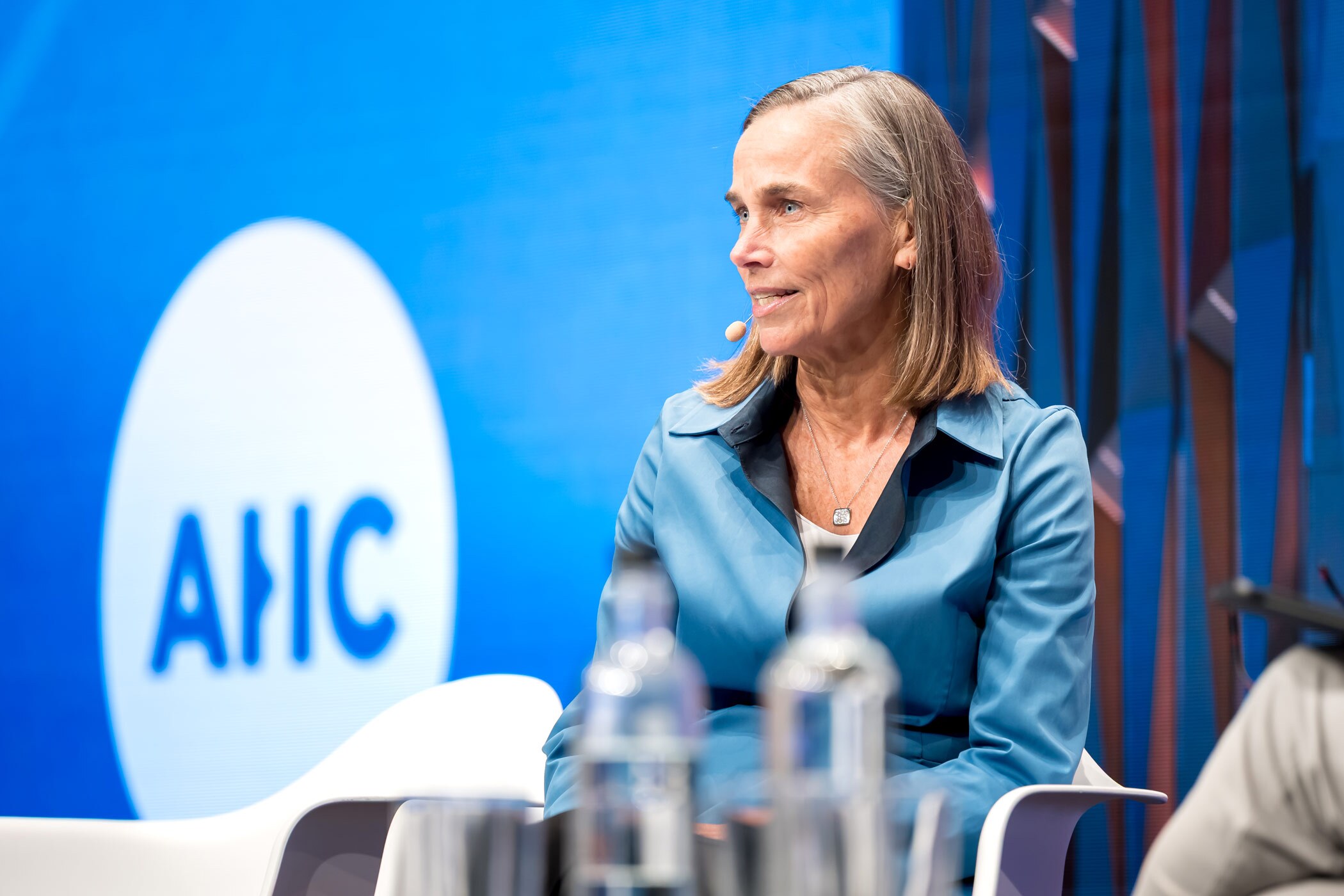MANCHESTER, England — Hoteliers in the United Kingdom have plenty of things to celebrate but also plenty to worry about.
Panelists and attendees at the Annual Hospitality Conference agreed there is a lot to maneuver around out there in the U.K. hotel industry. That said, U.K. hotels are largely doing well. Yes, the industry could be better, but it also could be much worse amid geopolitical noise, economic headwinds and the effect of global political decisions — such as U.S. tariffs — that are largely out of hoteliers control.
Chris Hare, senior European economist at HSBC, said the U.K. was the fastest-growing economy in the Group of Seven countries in terms of gross domestic product in the first half of 2025, but GDP still only increased 0.9% year over year.
That GDP growth might be considered good compared to competing nations, but Hare said the U.K. had frontloaded much trade before U.S. tariffs took effect, and there also was a “flurry of housing activity before the rise in Stamp Duty Land Tax” — a property tax — on April 1.
“But there is some strength and resilience behind that, and the service sector has withstood economic uncertainty,” Hare added.
Hoteliers in the U.K. are negotiating these headwinds while also scrambling to understand how artificial intelligence is required to help their businesses, paying out more in National Insurance contributions and employing commonsense budgetary and cost-savings initiatives amid wage and inflation pressures.
The silver lining is that guests, tourists and travelers continue to knock on the door, and corporate and group demand are on the rise.
But speakers warned that the next shock to the U.K. hotel industry might not be a domestic one or come from the U.K. government.
“I look in terror at the rising price of bonds in the U.S.,” said Anand Menon, professor of European politics and foreign affairs at King's College London and director of U.K. in a Changing Europe, hinting at the escalation of borrowing costs in the U.S.
Quotes of the day
“We see revenue per available room sluggish across nearly every U.K. market … The hotel industry continually reinvents itself and finds a way of adding value. Yes, finding RevPAR growth in such a market is tough, but by taking risks on who to reach out to and fill your hotels, we gained 13% RevPAR.” — Hussein Sunderji, managing director, EQ Group.
“Ryanair posted a 9% rise in passenger numbers in the first half of this year but also a 10% decline in average fare. Those numbers do not reflect the hotel industry but do reflect an idea of the macroeconomic trends.” — Aoife Roche, vice president of sales, Europe, Middle East and Africa, STR.
“The [U.K.] government does not give enough credence to service industries, except for financial ones. We have a weird obsession with industries that make things.” — Menon, speaking on the current U.K. economy and politicians’ pandering to industries that might be beyond their sell-by dates but employ large amounts of people, often in regional cities and towns.
“To stay competitive on the [soccer] pitch, you must be successful off the pitch. Hotels cannot be a distraction from our core purpose. They must be complimentary.” —Danny Wilson, managing director of operations at Manchester City Football Club, speaking of its relationship with Radisson Hotel Group and, perhaps, other hotel partners at its Manchester stadium and entertainment offerings.
Photo of the Day

Close to her retirement early next year, Marriott International’s chief financial officer and executive vice president of development Leeny Oberg reflected on a time when it was verboten for Marriott employees to enjoy the benefits of their own loyalty program.
“For the first decade and a half, we could not earn Bonvoy points, and then it dawned on us that we would be among the very best ambassadors,” she said.
When Oberg ends her final day at Marriott, she said she plans on using her accumulated Marriott Bonvoy points in Asia.
